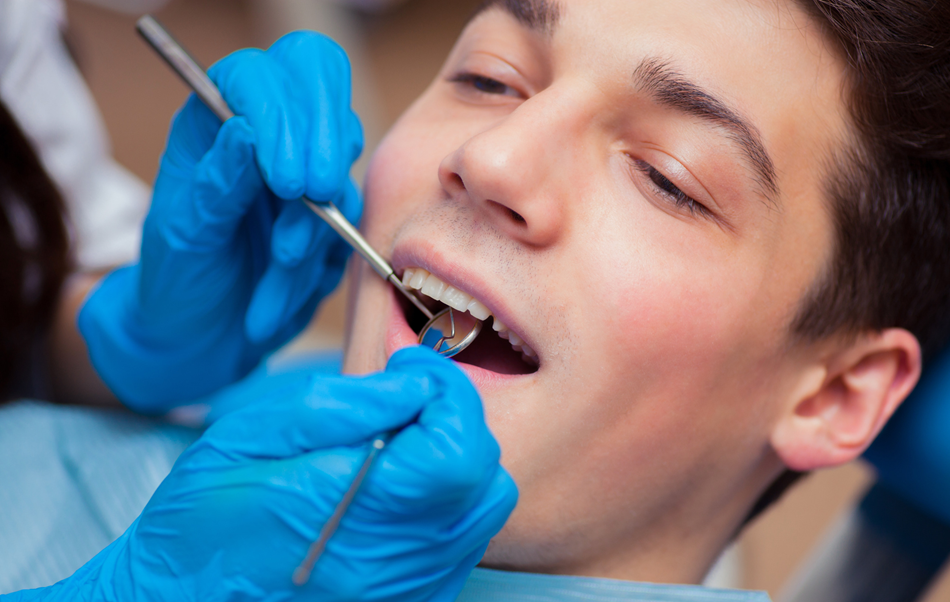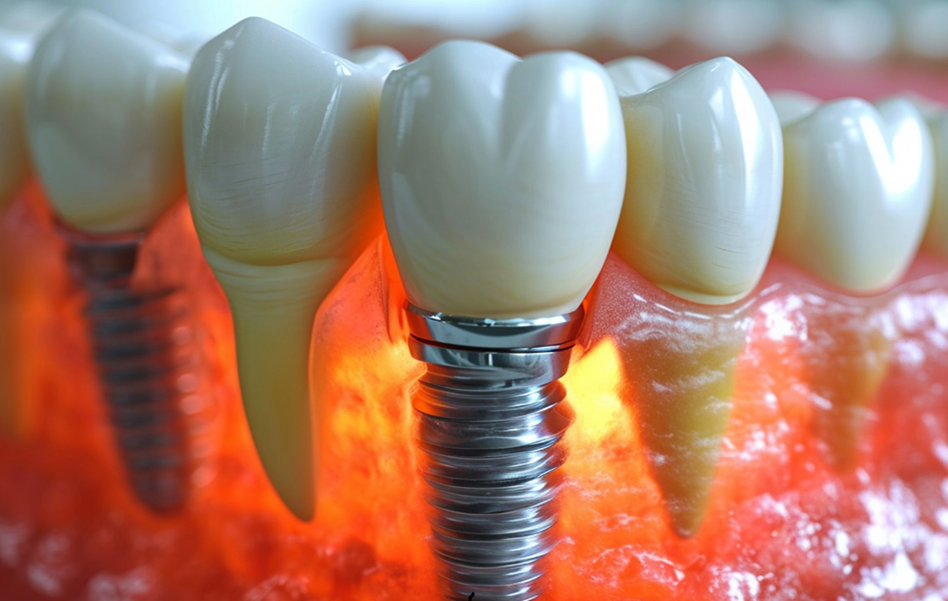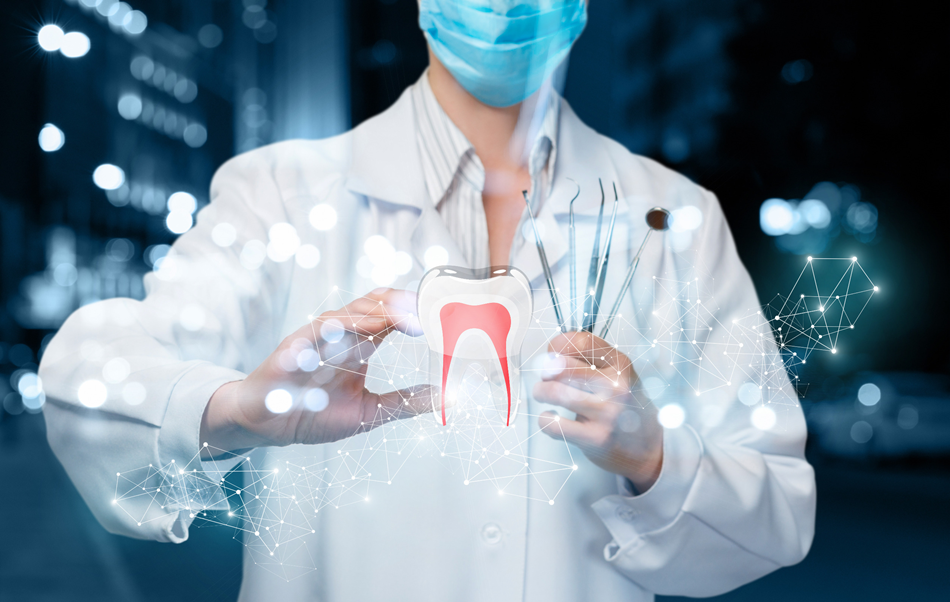Natural Dental Hygiene
Good dental hygiene is key to maintaining a healthy, beautiful smile. While most people understand the importance of brushing and flossing regularly, few realize the dangers of untreated bacteria in the mouth. In this blog post, we’ll explore the benefits of natural dental hygiene and how it differs from traditional methods. We’ll also discuss the potential consequences of ignoring bacterial build-up and explain the procedures commonly used in Natural Dentistry appointments.
The Importance of Good Dental Hygiene
Good dental hygiene is essential to maintaining oral and overall health. Brushing and flossing help remove plaque, food particles, and bacteria from the teeth and gums. Regular dental cleanings with a hygienist can help identify and address underlying oral health issues early on. Neglecting dental hygiene can lead to serious health problems like gum disease, bone damage, and tooth loss. In fact, oral bacteria has been linked to cardiovascular and respiratory issues, making it crucial to take care of our oral health.
Natural Dentistry Appointments
Natural Dentistry appointments differ from traditional dental cleanings in that they prioritize natural methods for oral care. This includes avoiding harsh chemicals and invasive techniques. Instead, natural dentists use advanced tools and techniques to remove bacteria without causing discomfort or side effects. These appointments begin with a consultation to identify underlying issues and determine the best course of treatment.
The Dangers of Bacteria Build-up
Bacteria develop on the teeth and gums when food particles and plaque are not removed regularly. Plaque buildup can cause gum disease, a serious condition that can lead to bone damage and tooth loss. If left untreated, the bacteria can travel through the bloodstream, causing inflammation and potentially damaging the heart, lungs, and other organs.
Natural Dental Hygiene Procedures
Natural dental hygiene procedures are designed to effectively remove bacteria without harsh chemicals or invasive techniques. These include testing saliva and blood pressure, examining bacterial samples, and using advanced EMS air-flow tools to remove plaque, stains, and tartar. Ozone is also used to kill bacteria without the use of harmful substances.
Advantages of Natural Dental Hygiene
One of the biggest advantages of natural dental hygiene is improved patient comfort during cleanings. The lack of sharp scraping and painful procedures make it a more pleasant experience for patients. Additionally, natural methods are reported to have fewer side effects and are more effective in eliminating harmful bacteria without the use of toxic substances.
Conclusion
Maintaining good dental hygiene is crucial for overall health, and natural dental hygiene practices offer a safe and effective way to achieve that. By prioritizing natural methods and avoiding harmful chemicals, we can enjoy clean and healthy teeth without discomfort or side effects. We encourage readers to examine their oral health practices and consider natural dental hygiene methods for optimal health and wellbeing.
Trending News
-

Non Toxic Dental Fillings : BPA, BHT, HMBP, DPCL, TPSb, HEMA, TEGDMA Free Admin
-

Essential Questions for Your Oral and Maxillofacial Surgeon Admin
-

Understanding the Risks and Causes of Dental Implant Failures Admin
-

Why Root Canals Fail? | The Usual Suspects Meredith Y. Newman Endodontist Fresno
-

Regenerative Endodontics Admin
